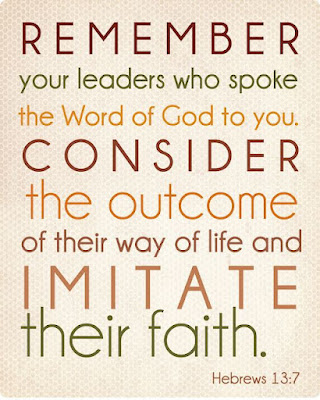I've enjoyed reviewing some of the stories of significant women of the Bible over the last 30 weeks (30 weeks!!!! I had no idea).
But, I'm thinking it's time to start winding down this series I've based on the theme, "My story matters." And, so over the next month, I'll zero in on Queen Esther...and, then, bring this to a close.
Of course, we can’t begin a look at Esther, without a glance at her predecessor, Queen Vashti (Esther 1).
From what I read, in every way this woman belonged on the throne.
As the granddaughter of King Nebuchadnezzar, Vashti was born into a royal family; and, by the same token, royalty flowed in her blood - it was in her DNA.
Undoubtedly, she was also chosen to be Xerxes queen, because of her striking beauty, for we read that she was so lovely to look at the King "desired to display her" at a political party he was hosting (Esther 1:11).
Vashti was no fairy tale, Disney princess; she was the real deal.
Little girls daydreamed being her; and, little boys grew up looking for their version of Vashti, always marrying slightly short of the perfection that was their ideal.
AND, because she was royalty by birth, blood, and beauty, Vashti confidently lived a life of quiet dignity.
She was who she was and this fact was indisputable...
Yet, this is also where her trouble began and ended.
There came a time, when (as already mentioned) her pompous husband, decided it was time to show off his greatness.
Boastfully (and narcissistically), he paraded his great wealth, and all he possessed, for a full 180 days.
Can you imagine having to attend 180 days of parades?
The thought is appalling to me...but, essentially, that is what he did.
At the end of the 180 days, he held a 7-day banquet.
The wine ran freely into golden goblets, where it did not stay.
In his drunken state, Xerxes realized that he had not revealed his most prized possession, his glorious wife.
So, he commanded her presence - “in her crown.”
Now then: It’s been debated as to whether that was all he wanted her to wear, or whether she was to appear with the splendiferous crown as part of the full attire, but it doesn’t matter.
What matters is that Vashti was no object to be displayed.
Vashti was the queen - and as such, to be respected and honored.
Her response was brief and matter of fact, and the attendants had to deliver said response, undoubtedly quivering in their sandals, “Queen Vashti refuses to come.”
End result after excruciating debates: exit Vashti, and, eventually enter a lovely Jewish girl, who came from a conquered refugee family, Esther.
Behind the scenes, God was setting the stage for His woman to be in the place where He needed her as a part of His sovereign plan (although we never read this summary anywhere in the entire book).
Yet, there is a marvelous lesson to learn from Queen Vashti.
As a believer in Christ, I am royalty by birth (I have been born into the Kingdom of God); I am royalty by blood (the blood of Christ shed for me on Calvary); I am royalty by beauty (the King delights in my beauty, Ps. 45:11); and I am the bride of the King of Kings!
Like Vashti, I am to be envied, but not taken advantage of; I am a valuable vessel of honor, but not a “thing” of possession; I am a woman of submission to authority, but not a doormat to be walked over.
I live who I am by virtue of my inheritance and my position, in dignity, yet there are times when “NO” is a part of my vocabulary.
This, my sisters-in-Christ, is a fine line, yet many women do not know where it is drawn.
Vashti led the way, and teaches us still, that wives are to be highly prized, not handled possessions.
I love what Chuck Swindoll says in his book, entitled, Esther.
"Submission does not mean that a wife is a sexual pawn in the carnal desires of her husband. It was never God's design that a wife submit to her husband's evil desires. In Xerxes case, this took the form of desiring to display her before those who would have nothing in mind but lust. What he asked for was not submission; it was sexual slavery (pg. 27)."
Vashti's lesson to us all: When my dignity threatens to be eliminated...I eliminate myself.

























